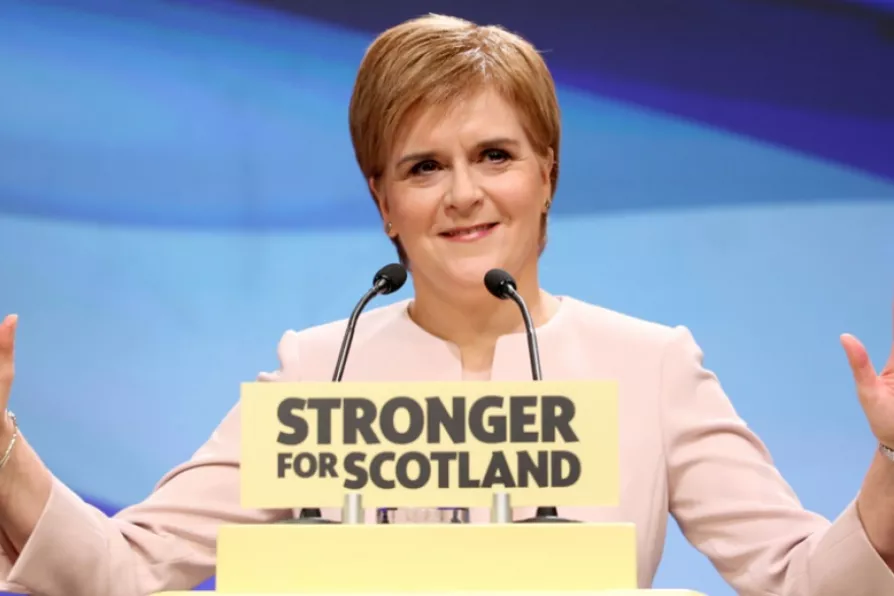
 Nicola Sturgeon delivers her speech at the SNP conference
Nicola Sturgeon delivers her speech at the SNP conference
LABOUR is right to condemn the SNP’s Growth Commission report as committing an independent Scotland to a “decade of austerity” — a manifesto, as Richard Leonard put it, for “cuts not growth.”
Since the general election, the SNP has been in a quandary over its future direction. Should it shift to the right to regain the dozen seats lost to the Tories in its tartan-Tory heartland in the north-east or move left to forestall further loses in the working-class constituencies of central Scotland ?
The party’s Growth Commission report supplies the answer. For everyone on the left, it is a deeply disappointing document which, if not challenged, threatens to shift the whole balance of debate in Scotland towards the right — aligning the SNP, in terms of the party’s basic assumptions, with Ruth Davidson’s Conservatives.

As bus builder Alexander Dennis threatens Falkirk closure and Grangemouth faces ruthless shutdown by tax exile Jim Ratcliffe, RICHARD LEONARD MSP warns that global corporations must be resisted by a bold industrial strategy based on public ownership











